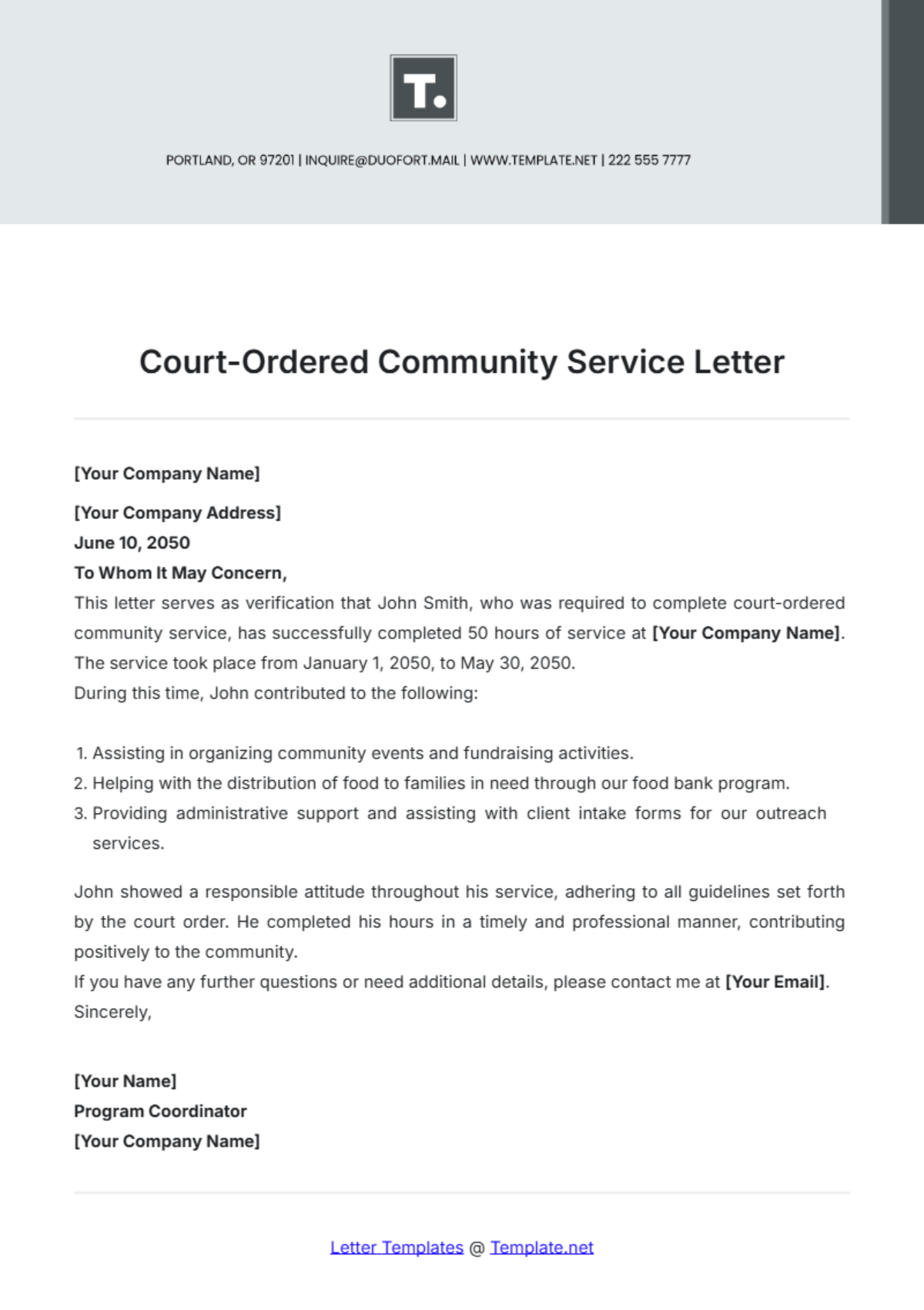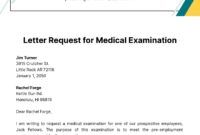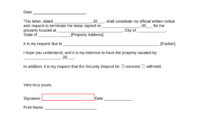Navigating the legal system can feel overwhelming, especially when you are fulfilling court-ordered obligations like community service. One crucial piece of this process is ensuring the court receives proper documentation of your completed hours. A well-crafted letter from the organization where you performed your service isn’t just a formality; it’s a vital communication tool that can significantly impact how your efforts are perceived.
This article aims to simplify that task by providing clear guidance on what makes an effective community service letter for court. We’ll explore the essential components, offer tips for tailoring your message, and help you understand how to present your efforts in the most professional and impactful way possible. Think of this as your friendly guide to ensuring your hard work gets the recognition it deserves in the eyes of the law.
What Makes a Strong Community Service Letter for Court?
When a court reviews documentation of community service, they aren’t just looking for a number of hours; they’re assessing commitment, rehabilitation, and genuine effort. A strong community service letter goes beyond a simple verification. It paints a picture of your engagement and the positive impact you had during your time volunteering. The letter needs to be clear, concise, and professional, leaving no room for ambiguity about your participation or the nature of your service. It acts as a formal endorsement of your character and dedication during a period when accountability is paramount.
The credibility of the letter also hinges on its author. Typically, this letter should be written and signed by a supervisor or a senior staff member at the organization where the community service was performed. This individual should have direct knowledge of your involvement and be able to speak to your performance. It’s generally not advisable for the letter to come from a relative or someone who might be perceived as biased, as this could undermine its authenticity in the court’s eyes. An independent, professional perspective carries much more weight.
Beyond the author, the content itself is king. The letter needs to clearly state the exact dates your service began and ended, the total number of hours you completed, and a detailed description of the duties you performed. Specificity here is key; instead of saying “helped out,” the letter should state “assisted with food distribution, organized inventory, and engaged with beneficiaries.” This level of detail demonstrates the tangible contributions you made and helps the court understand the scope and nature of your commitment.

Finally, a powerful letter can subtly convey your growth and positive attributes. While not overtly stating you are a good person, the details of your service, the consistency of your attendance, and any positive remarks about your attitude can collectively build a narrative of responsibility and positive change. It’s about showing, not telling, the court that you took your obligations seriously and used the opportunity to contribute constructively to your community. This objective evidence can significantly support your case.
Essential Components to Include
- Official letterhead of the organization (if available)
- The current date of writing
- The full name and address of the recipient (e.g., The Honorable Judge [Judge’s Last Name] or Probation Officer [Officer’s Name], including the court’s address)
- The defendant’s full legal name and any associated court case number or docket number
- The specific start and end dates of the community service period
- The total number of hours completed by the defendant
- A clear, concise description of the tasks and duties performed during the service
- The full name, title, and contact information (phone number and email address) of the supervisor or author of the letter
- A brief statement affirming the defendant’s participation and, if appropriate, their conduct or contribution
- The original signature of the supervisor or author, followed by their typed name and title
Customizing Your Community Service Letter Template For Court
While a template provides a solid foundation, the real power of your community service letter for court lies in its customization. Courts deal with countless cases, and a generic letter can easily get lost in the shuffle. Taking the time to personalize the content, even slightly, can make your letter stand out and more effectively convey the sincerity of your efforts. Think of the template as a skeleton, and your personal touches as the muscles and skin that bring it to life, making it a unique and compelling document.
The first step in customization is to understand the specific requirements or suggestions from your probation officer or the court itself. Sometimes, they might ask for particular information or highlight certain aspects of your service they want emphasized. Incorporating these requests directly into your letter shows diligence and respect for the legal process. It also demonstrates that you’ve paid attention to instructions, which is a positive reflection on your overall commitment to fulfilling your obligations.
Beyond meeting explicit requirements, consider adding specific anecdotes or examples of your positive engagement. Did you go above and beyond in a particular task? Did you take initiative? For instance, instead of just stating “organized donations,” you could add, “I took the initiative to develop a more efficient sorting system for incoming donations, which reduced processing time by 15%.” These small details transform a standard verification into a testament to your proactive attitude and genuine desire to contribute, making your community service letter template for court feel much more personal and impactful.
Finally, always ensure the tone of the letter aligns with the seriousness of its purpose. Even with personalization, maintaining a professional and respectful demeanor is crucial. Proofread meticulously for any grammatical errors or typos, as these can detract from the letter’s credibility. A polished, well-written letter reflects positively on you and the organization providing the endorsement. Investing this extra effort in customizing and refining your letter can truly underscore your dedication to fulfilling your court-ordered community service.
When preparing documentation for a legal matter, the clarity and completeness of a community service letter for court cannot be overstated. It’s not just a formality; it’s an opportunity to present verifiable evidence of your commitment and positive actions. By carefully following the guidelines for content, ensuring it is written by the appropriate individual, and taking the time to customize it with specific details, you significantly strengthen its impact.
Remember, the goal is to provide the court with an unambiguous and compelling account of your efforts. A thorough and well-presented letter serves as a powerful testament to your responsibility and dedication, demonstrating that you have taken your obligations seriously and have made meaningful contributions during your community service. This attention to detail can make all the difference in how your compliance is viewed.



